In the vast expanse of the open sea, where precision is paramount, the right GPS navigation system can be the key to a successful and efficient fishing operation. In this guide, we explore the importance of GPS for fishing, factors to consider when selecting a system, different types available, and connectivity options, helping commercial fishermen make an informed decision for their unique needs.
Importance of GPS for Fishing Operations
For commercial fishing operations, the significance of a reliable GPS navigation system cannot be overstated. From identifying productive fishing grounds to navigating safely back to port, GPS is the guiding star for fishermen. It provides accurate position information, tracks movement, and helps in creating efficient routes, contributing to increased productivity and safety on the water.In the world of marine navigation equipment, the right GPS system becomes the backbone of fishing operations, offering real-time data that aids in decision-making and ensures a smooth and successful fishing expedition.
Factors to Consider
Selecting the right GPS system for commercial fishing involves considering several crucial factors. Let’s delve into the key considerations that can influence your decision:Water Resistance and Durability
Commercial fishing involves exposure to harsh marine conditions. Opt for a GPS system that is not only water-resistant but also built to withstand the rigors of the sea. Look for devices with robust construction and seals that keep out water, ensuring the system’s longevity in challenging environments.
Accuracy and Signal Strength
Precision is vital in marine navigation, especially for commercial fishing where the difference of a few feet can significantly impact the catch. Choose a GPS system with high accuracy and strong signal strength, even in adverse weather conditions or areas with potential signal interference.Mapping and Chartplotter Capabilities
Efficient navigation often relies on detailed maps and charts. A GPS system with comprehensive mapping and chartplotter capabilities provides valuable insights into underwater topography, potential hazards, and fish migration patterns. Ensure that the chosen system is compatible with the type of charts relevant to your fishing grounds.
Types of GPS Systems
When exploring GPS options, you’ll encounter two main types: handheld and fixed-mount units.Handheld vs Fixed-Mount Units
Handheld Units:Portable and versatile, handheld GPS units are ideal for smaller vessels or for fishermen who prefer mobility. They often come with features like waypoint marking and tracking, making them suitable for basic navigation needs. Fixed-Mount Units: Mounted on the boat, fixed-mount GPS systems are larger and offer more advanced features. They often integrate with other marine electronics, providing a comprehensive navigational setup. Consider the size of your vessel and your specific navigation requirements when choosing between handheld and fixed-mount units.
Connectivity Options
Modern GPS systems offer various connectivity options that enhance functionality and convenience.Wi-Fi, Bluetooth, and NMEA Compatibility
Wi-Fi: Enables wireless data transfer and updates, keeping your GPS system current with the latest charts and software.Bluetooth: Facilitates connectivity with other devices, such as smartphones or tablets, enhancing accessibility and control.
NMEA Compatibility: Ensures seamless integration with other marine electronics, allowing for a connected and synchronized navigational setup.
Battery Life and Power Source
Consider the battery life of the GPS system, especially if you embark on extended fishing trips.Longevity During Extended Fishing Trips
A reliable GPS system should have sufficient battery life to last throughout your fishing expedition. For longer trips, consider additional power sources, such as external batteries or a connection to the vessel’s power supply.Cost Comparison
While budget is a consideration, it’s essential to balance cost with the features and reliability needed for commercial fishing operations.Budget-Friendly vs Premium Options
Budget-Friendly Options:Basic handheld GPS units and entry-level fixed-mount systems may be suitable for smaller vessels with simpler navigation needs. Premium Options:
Advanced fixed-mount GPS systems with extensive features, high accuracy, and durability are investments worth considering for larger commercial fishing operations where precision and reliability are critical.

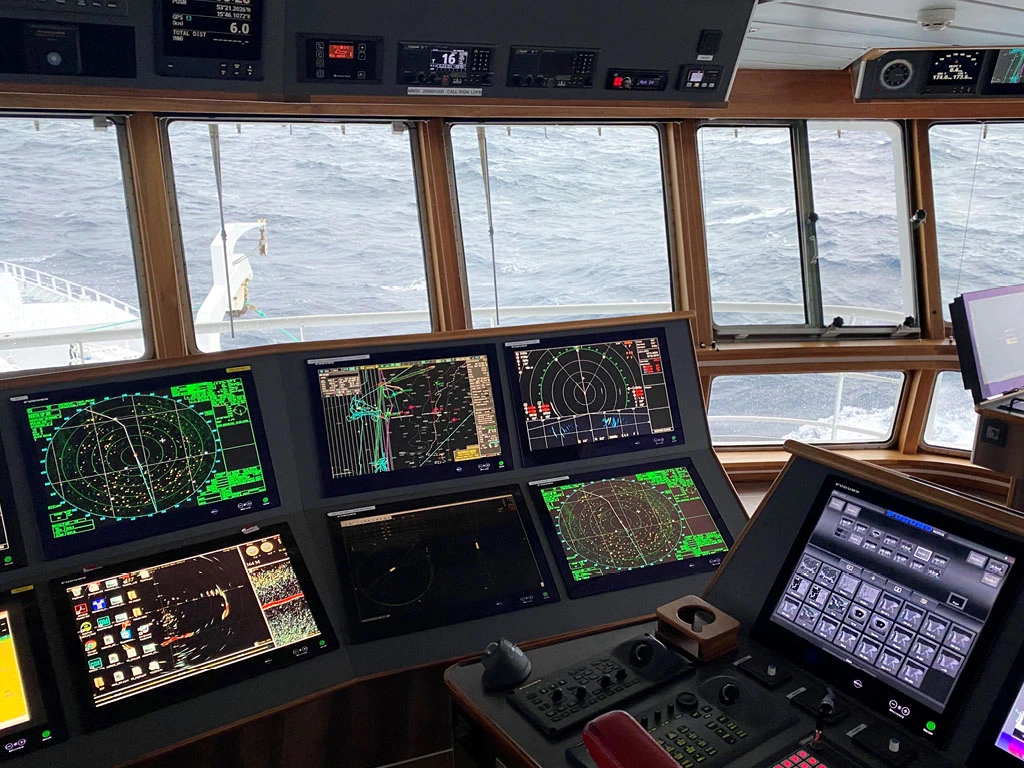
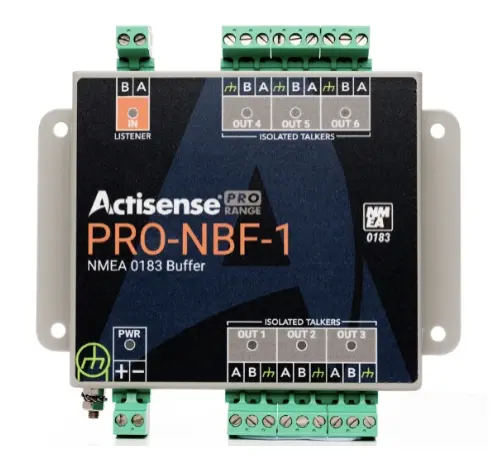
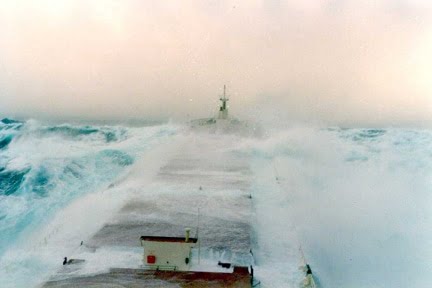
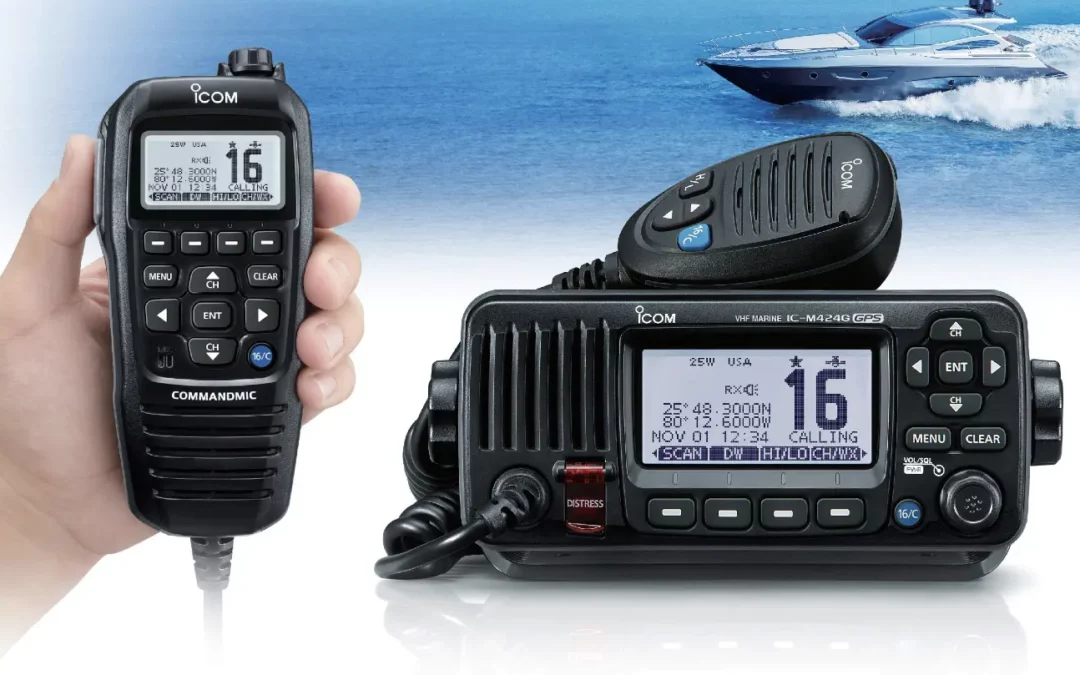
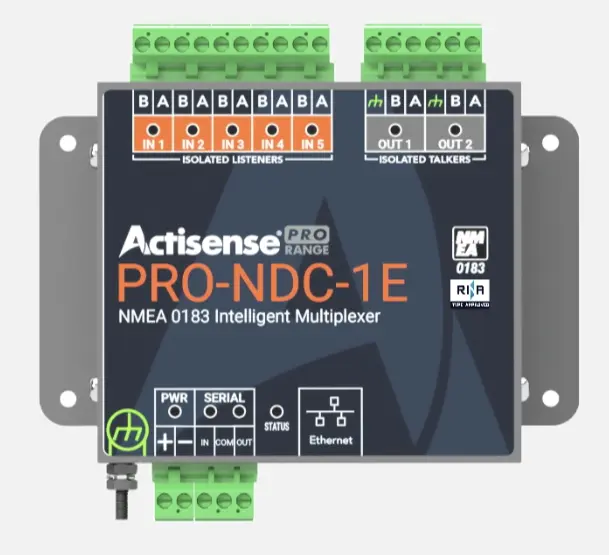
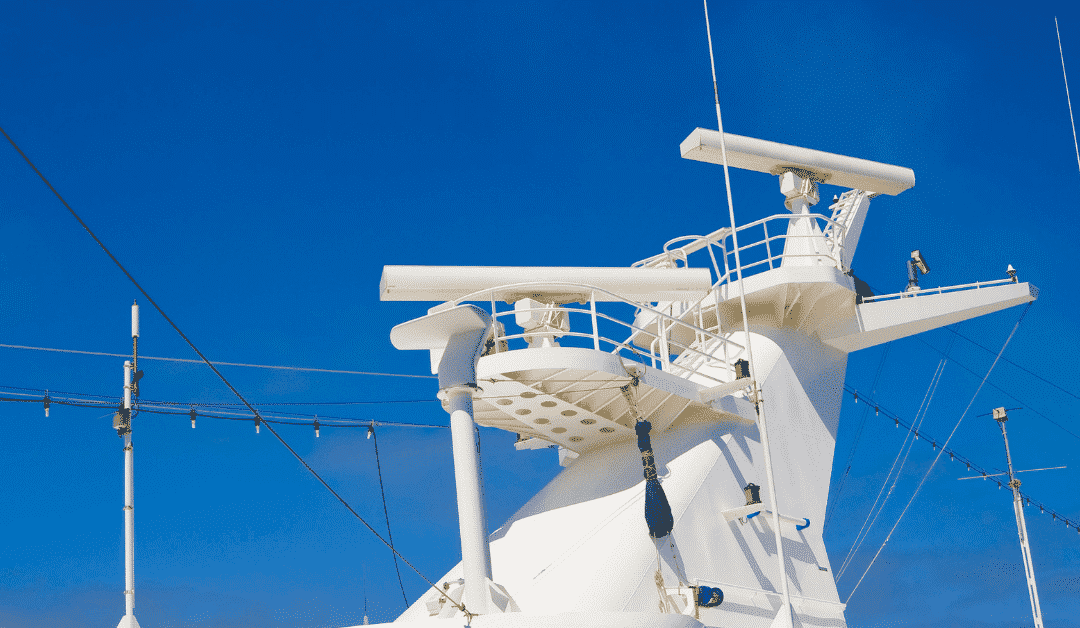
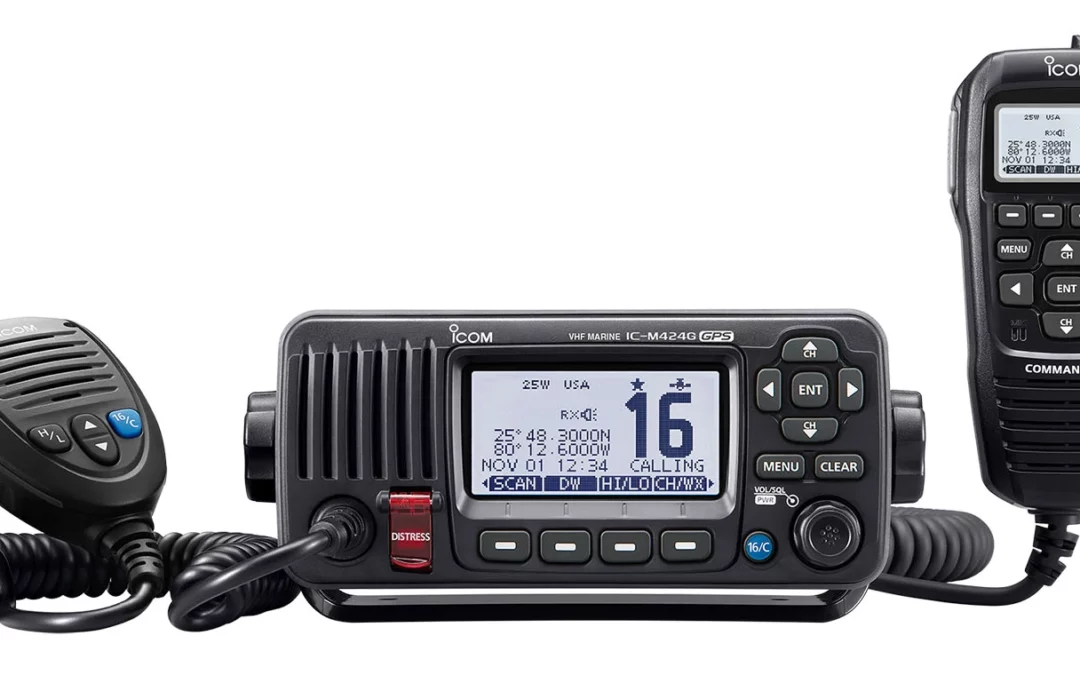
0 Comments